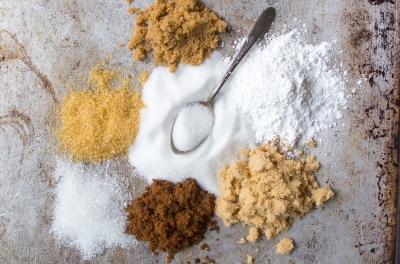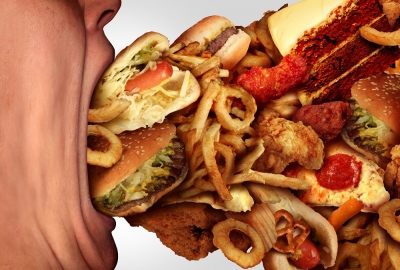
When cheese met cake
Cheesecakes have been around for a long, long time. The Greeks baked them, and after the Romans conquered Greece, the recipe went to them. Did you know that the Romans called a cheesecake “placenta”? Smaller versions of this cake called libum were given as temple offerings and offered to the athletes who took part in the first Olympic Games held in 776 BC. A 1st century AD treatise on agriculture written by a Roman politician includes a recipe for cheesecake!
Fruitcake and wedding bells
Fruitcakes have a long and undoubtedly delicious history. It goes way back 2,000 years ago when the Romans made it with raisins, pomegranate seeds and pine nuts mixed up in a barley mush. Here’s something interesting: A well-preserved fruitcake can be eaten even after 25 years. In England, unmarried wedding guests were encouraged to sleep with a fruitcake under the pillow so that they could find the person they would marry in their dreams. Who knew fruitcakes had such powers!
Red velvet revenge
Red velvet cakes look and taste special. Originally, the rich crimson colour of the cake was obtained by adding boiled beetroot juice. Just like you would to, a woman thought it tasted fantastic and asked for the recipe at the restaurant where she tried it. The restaurant obliged, of course, but made her pay $300 for it! Rightfully enraged, the woman planned her revenge – she passed on the recipe, for free, to hundreds of others through chain mail!
Hip, hip, whoopie!
Whoopie pies are heavenly delights made of two cakes with cream filling between them. The Amish people were probably the first who made this cake. Apparently, parents used leftover cake batter to make these pies for their children, and when they opened their lunch bag, more likely than not, they shouted “Whoopie!” in joy – and that could very well be the reason why it got its name.
Australia’s special dessert
Australia boasts of Lamington cake as its very own special dessert. The legend goes that Lord Lamington who was the governor of Queensland in the late 19 century had unexpected guests and no dessert at home. His clever chef improvised by dipping leftover sponge cake in melted chocolate and coating it in a layer of desiccated coconut. Coconut was not a major ingredient in Western cooking back then, and it was instantly recognized as a unique dessert so much so that it was served at all state ceremonial events. Here’s a secret Lord Lamington didn’t really fancy these cakes at all!
The sought-after Tarte Tatin
Tarte Tatin is an amazing upside-down apple cake. To know more about this cake, you need to know about two French sisters who ran l’Hotel Tatin in 1888. Their specialty was a crusty apple tart. One day, one of the sisters placed the tart the wrong way down in the oven. People loved this strange-looking dessert and when it reached the ears of the owner of Hotel Maxim in Paris, he wanted the recipe – badly! So he sent a spy who went to the sisters’ hotel disguised as a gardener and managed to get the recipe.
Mooncakes and secret messages
The Chinese bake and eat mooncakes during the mid-autumn lunar festival. A mooncake isn’t your typical spongy flour cake. It contains unique fillings paste made of sweet red bean, jujube fruit or lotus seeds. During the Yuan Dynasty, Ming revolutionaries wanted to overthrow the rulers and mooncake played an important role in this plan. Secret messages were printed as a mosaic pattern on the top. Destroying the evidence, obviously was a piece of cake!
PictureCredit : Google






